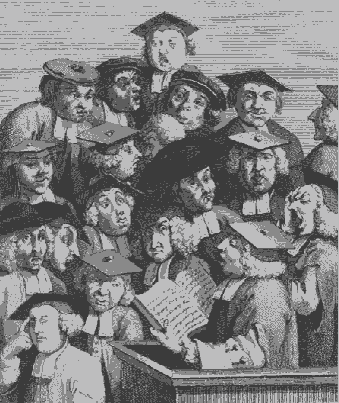ENG 556
Theories of Literacy
Fall 2016
--Charles Bazerman
--Oxford English Dictionary

--Jacqueline Jones Royster
--E.D. Hirsch Jr.
"Literacy
is a system of oppression that works against entire societies as well as against
certain groups within given populations and against individual people."
--Elspeth Stuckey
"There
is no thing, literacy, only constellations of forms and degrees of literacy, shifting
and turning as history rearranges the social formations in which they are embedded.
Pieties of literacy with a capital L ought to be scrutinized: Which literacy?
Whose literacy? Literacy for what? How?"
--Andrew Sledd
While theories of literacy have, for the most part, been determined by the primacy of reading and writing script, more recent scholarship in literacy theory and history has served to challenge such limitations. Many contemporary perspectives on literacy view scripted text as one component of complex acts and practices of written communication that occur in social contexts. Anthropological ethnographic studies that examine such communicative acts in their local contexts reveal that literate practices and the texts that are produced are imbued with social and cultural values and traditions, and the needs and desires of individuals. As the statements above illustrate, theories of literacy themselves are embedded within the values and assumptions of individuals, institutions, and academic specialization. In this course, we will examine some of these theories, their influences on academic scholarship and pedagogy, the ideological assumptions that inform them, and how we might view these theories within broader socio-cultural landscapes.
Instructor
- Peter Goggin
Line # 88629
T 4:50-7:35 LL107